
The Best Place to Work
The Art and Science of Creating an Extraordinary Workplace
Recommendation
To build a cohesive, productive workforce, companies everywhere chase the elusive goal of employee engagement. Psychologist Ron Friedman has a direct solution: to engage your employees, apply what science teaches about human motivation. Artfully weaving scientific findings with real-world examples, Friedman shows how great workplaces attend to employees’ deep-seated need to feel autonomous, competent and connected. These companies recognize the limits of the mind and body, and set aside space for creativity and time for recreation. Some readers may object when Friedman compares happy workplaces to casinos, and others may question the tastefulness of drawing business insights from a school hostage situation, but Friedman wields his metaphors to argue convincingly that it takes more than money and job titles to motivate employees. getAbstract recommends his insightful, practical advice on building a better, more productive, more profitable workplace to executives and HR professionals.
Summary
About the Author
Ron Friedman is an award-winning psychologist who writes for the Harvard Business Review, Fast Company, Forbes, Entrepreneur and CNN. He is also the founder of ignite80, a consulting firm that helps smart leaders build thriving workplaces.









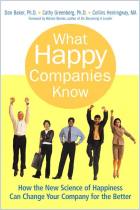
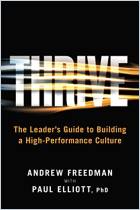
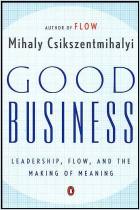
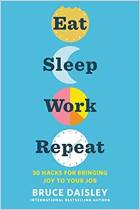
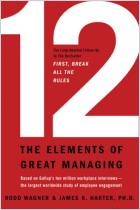
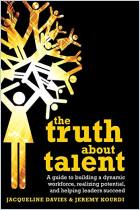



Comment on this summary or Diskussion beginnen